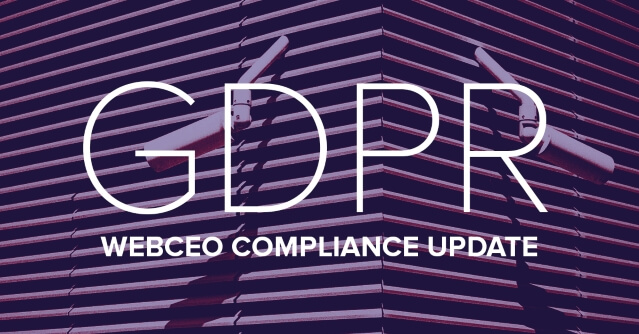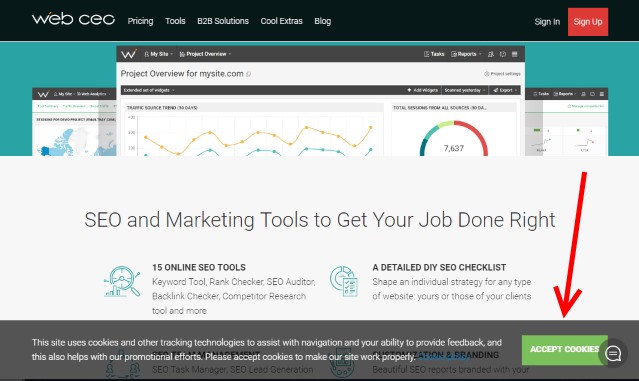
As of today, the dreaded GDPR is in effect!
It caused quite a panic across the world. All companies, big and small, have spent the last month scurrying around, updating their services and policies before the change hit. I’m glad we weren’t one of those businesses who had to do everything posthaste out of fear of facing the fines.
But what exactly is going on? What could cause such turmoil on a global scale?
What is GDPR?
I’ve gone through countless pages of official documents on GDPR to fully understand what it is. My head is spinning from all the formal language, so I’ll just lay it down in simple terms.
GDPR (or General Data Protection Regulation) is a set of new rules for online security. Its purpose is to give Internet users full control over their personal information, such as their names, phone numbers, photos, email and IP addresses – any sort of information that could be tied to a real-life person. Naturally, that also includes data you don’t want to fall into the wrong hands, like credit card information.
I assume the pre-GDPR world is still fresh in your memory, so you know how things were in the not-so-distant past. Users could freely submit their information on websites, but it was almost impossible for them to remove it completely. Normally, only site admins could reach where user data was stored and delete it without a trace. And that’s exactly where the change strikes.
GDPR imposes new obligations upon webmasters. From now on, websites must be open about what sorts of user data they collect, as well as their reasons for doing so. Even then, websites may collect the data only if users agree with those reasons and clearly express their consent. Additionally, websites will have to enable users to delete their personal data, or at least be quick about taking it down per user request. Plenty of work, don’t you agree?
GDPR officially applies only to websites with users from EU countries. However, many websites who don’t have users from there have decided to update their policies, too – just in case. For that reason, we will dedicate a separate blog update to describe how GDPR will affect websites and SEO.
Is WebCEO GDPR compliant?
Definitely yes. WebCEO has users in the EU, as well as every other part of the world, and thus is subject to GDPR.
It has always been our policy to safeguard our customers’ data. We realize what kind of problems can be caused by misuse of sensitive information and wouldn’t wish them upon anybody, least of all our users. We treat said data with utmost caution, and we did so long before GDPR. The new rules simply gave us an opportunity to tighten up our security.
WebCEO collects only the necessary minimum of user information required for the service to perform its functions effectively. We ask users for their permission to gather that necessary minimum, and without their permission, no data is taken. In addition, users may exercise their right “to be forgotten” any time they wish, and WebCEO is obligated to comply.
All the necessary preparations are in place, and WebCEO is now even safer to use than before. So here’s what we did:
- Created a site popup that asks users for their consent to the use of cookies. User consent will be required to work with WebCEO, as the service’s functionality would be severely hampered without cookies.
- Slightly changed our account registration form. The old disclaimer saying “By clicking ‘Sign Up’ you agree to the Terms of Service and Privacy policies” has been replaced with a checkbox that users need to tick in order to create a new account.
- Enhanced the SEO lead generation form. It’s now adorned with a checkbox saying “I agree to submit [my email address, name and additional contact info] for further storage and processing”.
- Added an option for users to delete their account from the service, along with all their information. That includes cookies, email address, billing information, and of course, SEO projects.
- Updated our Terms of Use and Privacy Policy which you can read on our site. These pages describe in detail what user information we take and how it’s used.
If you have any questions regarding your user data or our new policies, please direct them at our support team (support@webceo.com). We are ready to provide our assistance at any moment.
Afterword
It’s kind of amazing how much WebCEO has changed even over the past month. We just had another SEO tools update a couple weeks ago, and then we received an extra impetus from GDPR. Now WebCEO is a shield against any attempts on our users’ sensitive data. Hats off to our developer team and their hard work.



